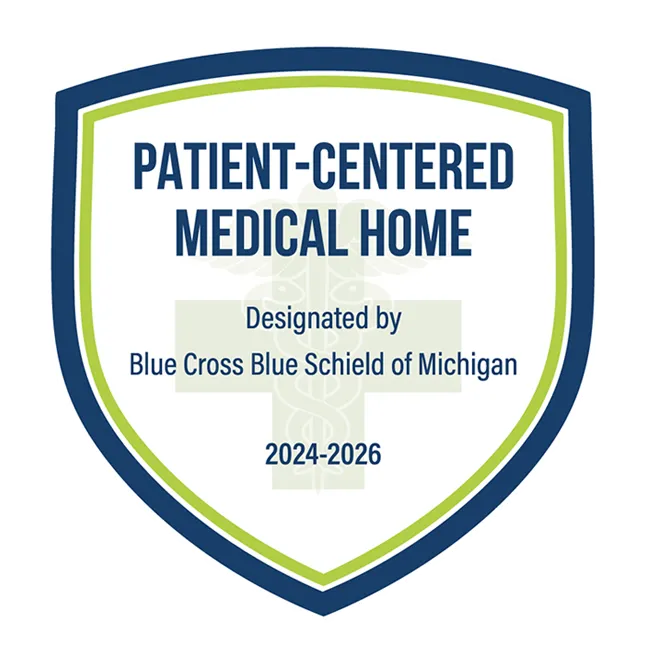


Monoclonal antibodies can help stop your COVID-19 symptoms from worsening and can also help you lower your risk of hospitalization. This is used only to treat your current COVID-19 infection and is not a replacement for the vaccine.
Patients with mild to moderate COVID-19 symptoms who are high-risk individuals or have other underlying conditions (diabetes, obesity, immunocompromised, etc.) can be eligible. The antibodies are infused intravenously or through an IV (a little plastic tube attached to a needle that is inserted into your vein). Learn about some frequently asked questions about the procedure in this blog.
Monoclonal antibodies can effectively lower COVID-19 hospitalization rates, according to preliminary clinical evidence. Clinical investigations have demonstrated that these therapies can lower emergency room and hospitalization rates. They can also reduce the amount of virus that is present in the blood of an infected person. However, it is not clear right now if monoclonal antibodies offer protection from upcoming COVID-19 infections.
Monoclonal antibodies search for and bind to the spike protein that protrudes from the coronavirus that causes COVID-19 after they have entered your body. Monoclonal antibodies that bind to the spike protein can prevent the virus from entering cells, slowing the rate of infection.
The overall process can vary. Our medical professional will see you, take your vital signs, go over your medical history, and get the medication ready. The actual infusion procedure lasts for about 5-45 minutes, depending on how much is administered. We'll keep an eye on you for up to an hour following the infusion.
Also read: COVID and Hypertension: What’s the Common Connection?
Upon arrival, our medical staff will confirm your eligibility before taking you to our infusion room. We will then administer the monoclonal antibody fluid through a needle into your vein. Our medical professionals will ensure the whole process is done smoothly and take care of you if any complication arises. You will be allowed to go home one hour after the whole process is over. At-home infusions are also available under special circumstances – speak to our team for more information.
The Bebtelovimab IV injection can cause temporary discomfort, irritation, skin bruising, and soreness at the site of administration. Other adverse effects of monoclonal antibodies are possible, although they are very rare. On the upside, your COVID-19 symptoms will begin to improve, and you will feel substantially better within a few hours.
Also read: COVID-19 Vaccine: Preparation, Precautions, and Key Information
If you have undergone this treatment, you should wait at least 90 days before receiving a COVID-19 booster dose. We suggest consulting with a provider to see what is best for you.
If you test positive for COVID-19 and exhibit symptoms for seven days or less, you can request an appointment through our website for your MAB infusion treatment. Our team will review your symptoms and medical history to determine your eligibility. You can also visit our clinic in Canton, MI, or contact us for more information. Our expert professionals are here to help!




